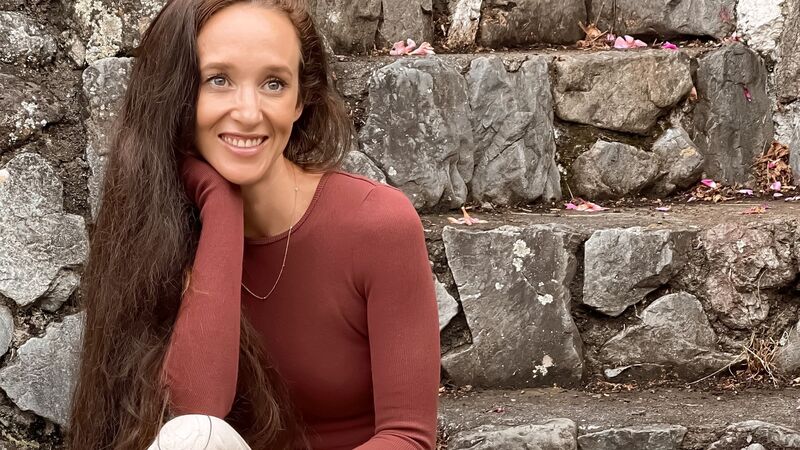You are viewing your 1 free article this month. Login to read more articles.
Local words to feature in National Poetry Day
Distinctive local words such as "fam" and "to geg in" are to be celebrated in 12 specially-commissioned poems for this year’s National Poetry Day.
The #freetheword project is the result of a partnership between BBC English Regions, National Poetry Day and the Oxford English Dictionary, taking its cue from National Poetry Day’s 2017 theme of freedom, searching for unrecorded words used in everyday speech in different locations across the country to "immortalise" in poetry.
In total 12 poets, including spoken word artist Holly McNish and Forward Prize-winner Liz Berry have each chosen a word from a shortlist drawn up by experts at the Oxford English Dictionary to inspire a poem for a region they are linked with. Each word represents a different BBC English region that "illuminates its culture, habits and geography in unexpected ways".
They include "fam", a familiar form of address for a friend in London, and "to geg in", which means to butt in.
The poets will perform their finished poems for broadcast on the BBC on National Poetry Day on Thursday 28th September.
Additionally, a poem featuring all 12 words will be performed by 19-year-old poet and spoken word artist Isaiah Hull as part of a major new poetry festival, Contains Strong Language, produced by the BBC in partnership with Hull UK City of Culture 2017, Hull City Council, Humber Mouth, National Poetry Day and a number of poetry organisations.
The individual words will be displayed at locations around the city, too – using templates created by Jackie Goodman, associate dean, Hull School of Art and Design, with a special spray paint visible only when it rains.
Among the word selections are "cheeselog", nominated by BBC Radio Berkshire listeners, and "bobowler" from the West Midlands – meaning a woodlouse and large moth, respectively – which have been adopted as the subjects of new poems by Reading-born McNish and the Black Country’s Berry.
BBC Radio Humberside listeners, and their poet-in-residence Dean Wilson chose to celebrate "a didlum" (a community savings scheme).
BBC Radio Cumbria listeners have nominated "to twine" (to complain) for their local poet, Cumbrian-born Kate Hale, while BBC Radio Merseyside listeners wanted Liverpudlian poet Chris McCabe to write a poem featuring "to geg in" (to butt in).
BBC Radio Leicester listeners championed "mardy" (moody) for poetry slammer Toby Campion; BBC Radio Bristol asked poet, burlesque artist, and writer Vanessa Kisuule to get creative with "gurt" (great or very); and BBC Radio Suffolk listeners chose "on the huh" (lopsided, wonky) for local poet Rebecca Watts.
BBC Radio Leeds poet, Vidyan Ravinthiran, will take on "a ginnel" (alleyway), which is known by BBC Sussex listeners and their poet, James Brookes, as "a twitten".
And BBC Radio Devon’s listeners chose a word to describe twilight – "dimpsy" - for local poet Chrissy Williams, as BBC London works with the capital’s first Young People’s Laureate Caleb Femi whose poem gets together with the "fam".
Broadcaster and lexicographer Susie Dent, who helped launch the search for great local words, said: “Our local words and expressions are very much part of an oral tradition, and printed records are often hard to find. This is why the collaboration between the Oxford English Dictionary and National Poetry Day is so exciting: it will shine a light into a lexicon that's too often overlooked. The shortlist of words reflects some of the verve and vibrancy of our local tongues. I'm probably not allowed to be biased, but Devon's 'dimpsy' has long been a favourite of mine."
Last year was a record for the poetry sector, with 1.077 million books sold for £9.88m. So far, in 2017 the sector is up 13.9% to £4.5m, with 501,177 books sold. The growth is mostly being driven by the success of Instapoet Rupi Kaur’s Milk and Honey which has sold 42,921 books in the last six months, which makes up 7.7% of the entire sub-category.

















